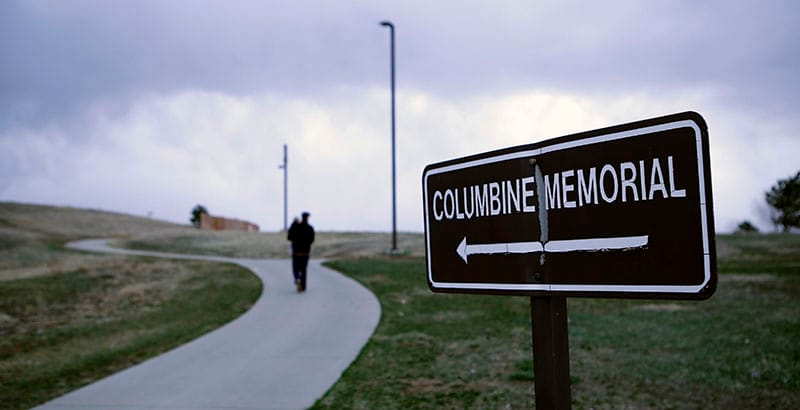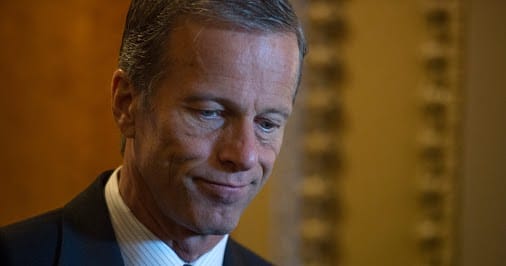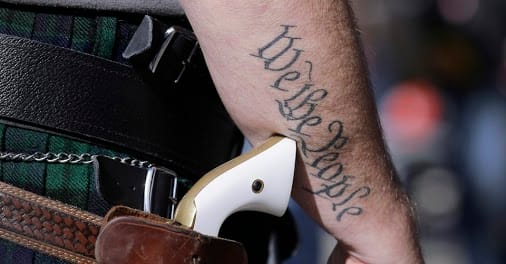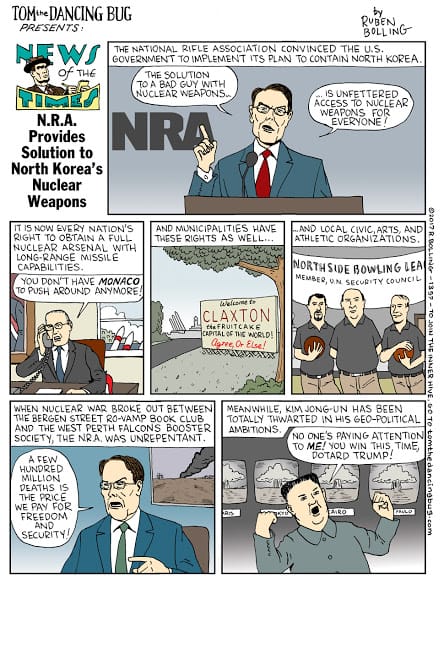There is apparently very serious talk about tearing down Columbine HS, not all that far away from where I live. Though it’s been twenty years (!) since the mass shooting at the campus, it remains an icon of … admiration? … among some disturbed folk, and the idea is that tearing down the school will break that cycle by, um, removing it as a focal point, a pilgrimage site for folk unhealthily obsessed and admiring of the killings by the Klebold kids.
Except … yeah, not so much.
First, while the 1999 killings placed an indelible stain upon the name and site, the school itself has been in operation since 1973. That’s nearly a half-century (!) of students, whose heritage would be torn down — including the heritage of the last two decades of community coming back from something so awful.
Second … the proposal is acting by half-measures. The idea is to tear down almost all of the school, but leave the library, and then build a new school adjacent to that on the property, but still call it Columbine … and still have the memorial at the site.
Um … and this is going to somehow keep the whackadoodles from being attracted to the place … how now?
It’s not like we’re Pharaoh, ordering all evidence of Columbine HS to be eradicated. I mean, if you’re going to do this, you raze the whole place, sell the property to a commercial developer, build a new school someplace nearby, call it something different … and, yeah, you probably want to get rid of the memorial, too. You erase everything, and so there’s nothing there for the disturbed to relate to.
Conversely, third … why would you give the Klebold kids the final victory, destroying the place they wanted to make their violent heritage in shooting up?
When terrorists took down the World Trace Center, proposals to leave the site in a flattened condition were roundly, and rightly, rejected. Tearing down Columbine HS, under the proposal, is a halfway measure at best, and sends precisely the wrong message.
Ultimately, it’s not my decision. It’s the decision of the people of and around the school. I hope they choose wisely.
Do you want to know more?





















